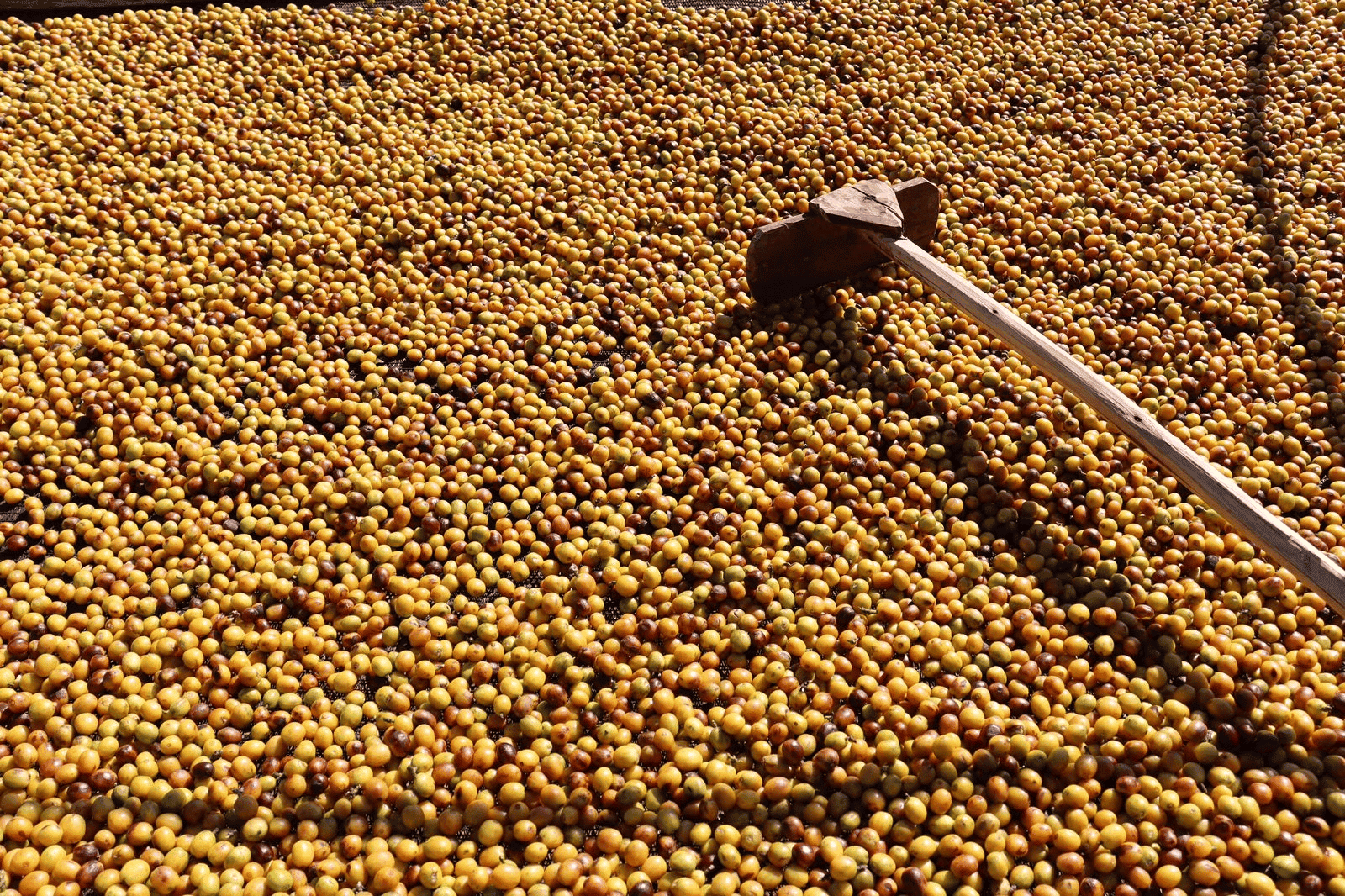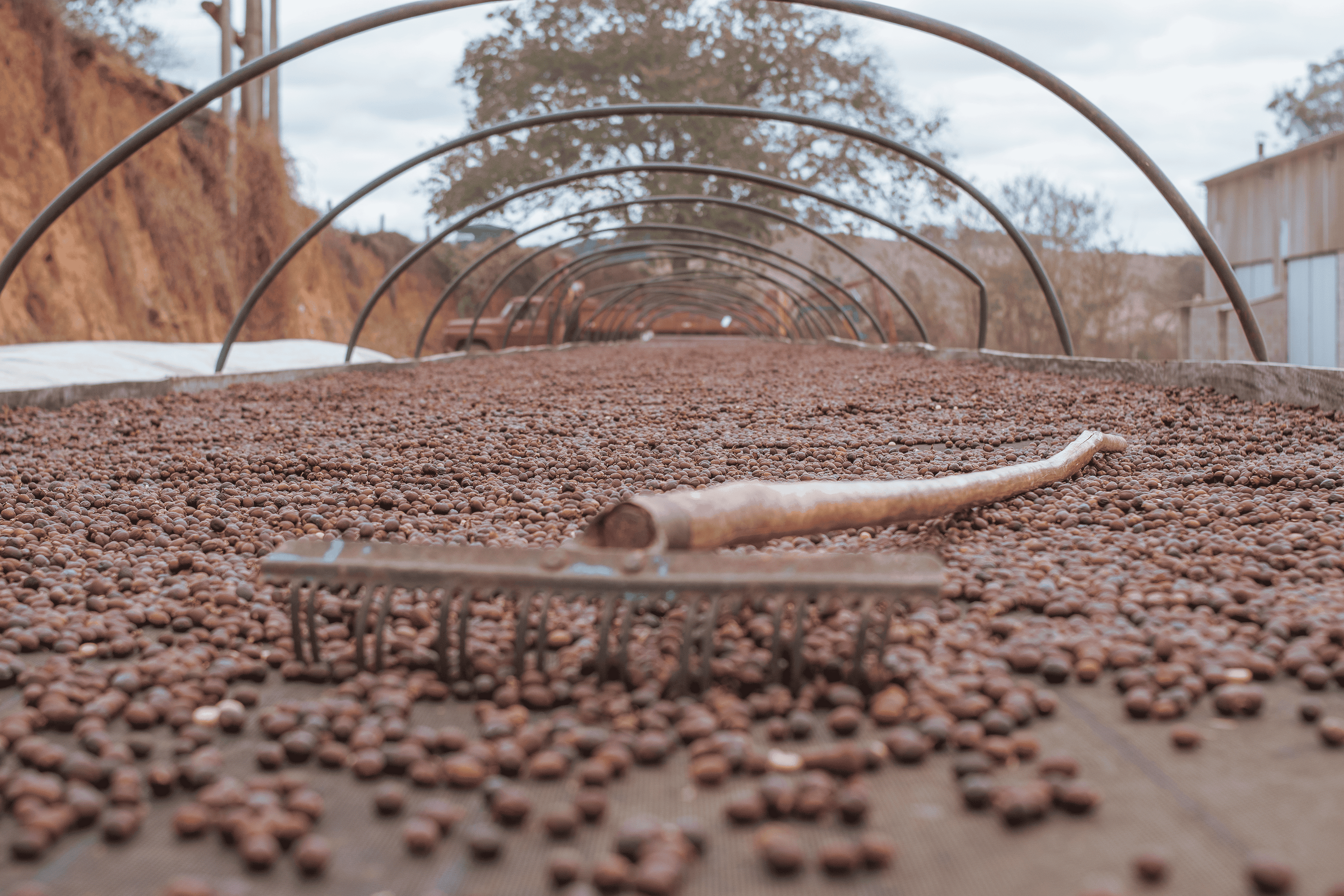
South America's largest economy, Brazil is counted among the BRICS nations, a group of emerging countries with significant growth potential. The country's economic foundation rests on the production and export of natural resources, including crude oil and iron ore, as well as agricultural products like soybeans and coffee. With a population of over 200 million, Brazil also has enormous potential as a consumer market. (The country ranks third globally in beer consumption and fourth in the cosmetics market.) One of Brazil's defining characteristics is its ethnic and cultural diversity. This traces its roots to Portuguese colonization in the 16th century and has since been further enriched by the blending of cultures from African slaves, various European and Arab immigrants, and Japanese settlers, among others. The symbol of this cultural fusion is the Rio Carnival, often dubbed "the greatest show on Earth," attracting hundreds of thousands of participants annually. For Brazilians, this festival transcends mere celebration; it serves as a platform for expressing national identity and promoting social inclusion by bringing together people from various social strata and racial backgrounds. Approximately 1.7 million indigenous people (less than 1% of the total population) live in Brazil, primarily in the Amazon region. Of these, 58% reside in designated indigenous protection areas. The enactment of a new constitution based on democratic principles in 1988 marked a historical turning point. This constitution permanently recognized the land rights of indigenous peoples and their right to maintain their unique cultures. Environmental destruction is considered one of Brazil's most pressing social issues. The Amazon rainforest, in particular, faces the ongoing threat of illegal deforestation, with vast tracts of forest lost annually. Indigenous communities find themselves at the forefront of this struggle, fighting to protect their ancestral lands. In response to these challenges, sustainable solutions such as agroforestry are gaining traction, offering a path to balance environmental conservation with community development.

Brazil stands as the world's largest coffee producer, supplying approximately one-third of global coffee production. The country grows both Arabica and Robusta (the latter known locally as Conilon). Brazil's vast territory and diverse climate conditions yield coffees with distinct flavors and characteristics across different regions. Minas Gerais is Brazil's largest coffee-producing state, known for its high-quality Arabica beans. The Cerrado Mineiro region, with its high altitudes, produces coffee with excellent acidity. In contrast, the Santos region is famous for classic coffees with chocolate and nutty notes. Espírito Santo is a major producer of Robusta (Conilon) coffee, but in recent years, its specialty Arabica coffees have also been gaining attention. São Paulo, historically the heart of Brazil's coffee industry, is particularly famous for the Mogiana region, which remains a favorite among buyers. Bahia is an emerging coffee-producing state that employs advanced irrigation techniques in its dry climate to produce uniquely flavored coffee. While Brazil is often associated with inexpensive coffee, its specialty coffee production has been expanding year by year, gaining increasing attention. Although the country is known for its large-scale production model, which often carries a significant environmental impact, there is a growing movement among producers to adopt more sustainable practices. This shift towards sustainability is becoming increasingly prominent in Brazil's coffee industry.
Warehoused
Coffee Quest Brasil 2024/25
Producer/Curator:
Teresa Costa, Gabriel Lessa
Coffee Quest is a coffee company with offices in the Netherlands, USA, Brazil, and Colombia. The company manages quality control and coffee exports in Brazil and Colombia and handles sales and distribution in the Netherlands and the United States…Read More
1,514roasters are interested
149roasters purchased
Sample Request :
Start
End
Pre-oder :
Start
End
Estimated Delivery :
Late February 2025
Warehoused
Coffee Quest Brasil 2023/24
Producer/Curator:
Teresa Costa and Gabriel Lessa
Coffee Quest is a coffee company with offices in the Netherlands, USA, Brazil, and Colombia. The company manages quality control and coffee exports in Brazil and Colombia and handles sales and distribution in the Netherlands and the United States…Read More
1,514roasters are interested
149roasters purchased
Sample Request :
Start
End
Pre-oder :
Start
End
Warehoused
Coffee Quest Brasil 2022/23
Producer/Curator:
Teresa Costa and Gabriel Lessa
Coffee Quest is a coffee company with offices in the Netherlands, USA, Brazil, and Colombia. The company manages quality control and coffee exports in Brazil and Colombia and handles sales and distribution in the Netherlands and the United States…Read More
1,514roasters are interested
149roasters purchased
Sample Request :
Start
End
Pre-oder :
Start
End
Price
6.1 USDFOB/kg
Quantity
0/140 bags (30kg)
Samples
-
-
Price
7.5 USDFOB/kg
Quantity
0/160 bags (30kg)
Samples
Out of Stock
-
Price
7.5 USDFOB/kg
Quantity
0/200 bags (30kg)
Samples
Out of Stock
-
Price
7.8 USDFOB/kg
Quantity
0/50 bags (30kg)
Samples
-
-
Price
8.2 USDFOB/kg
Quantity
0/20 bags (30kg)
Samples
Out of Stock
-
Price
8.2 USDFOB/kg
Quantity
0/96 bags (30kg)
Samples
-
-
Price
8.2 USDFOB/kg
Quantity
0/73 bags (30kg)
Samples
-
-
Price
8.4 USDFOB/kg
Quantity
0/4 bags (30kg)
Samples
Out of Stock
-
Price
8.2 USDFOB/kg
Quantity
0/34 bags (30kg)
Samples
-
-
Price
4.8 USDFOB/kg
Quantity
0/0 bags (30kg)
Samples
Out of Stock
-
Price
6 USDFOB/kg
Quantity
0/0 bags (30kg)
Samples
Out of Stock
-
Price
7.5 USDFOB/kg
Quantity
0/0 bags (30kg)
Samples
Out of Stock
-
Price
5.2 USDFOB/kg
Quantity
0/0 bags (30kg)
Samples
Out of Stock
-
Price
5.2 USDFOB/kg
Quantity
0/0 bags (30kg)
Samples
Out of Stock
-
Price
5.8 USDFOB/kg
Quantity
0/0 bags (30kg)
Samples
Out of Stock
-
Price
7.2 USDFOB/kg
Quantity
0/0 bags (30kg)
Samples
Out of Stock
-
Price
9 USDFOB/kg
Quantity
0/0 bags (30kg)
Samples
Out of Stock
-
Price
9 USDFOB/kg
Quantity
0/0 bags (30kg)
Samples
Out of Stock
-
Price
9 USDFOB/kg
Quantity
0/0 bags (30kg)
Samples
Out of Stock
-
Price
15 USDFOB/kg
Quantity
0/0 bags (30kg)
Samples
Out of Stock
-
Price
7.3 USDFOB/kg
Quantity
0/0 bags (30kg)
Samples
Out of Stock
-
Price
5.4 USDFOB/kg
Quantity
0/0 bags (60kg)
Samples
Out of Stock
-
Price
7.5 USDFOB/kg
Quantity
0/0 bags (60kg)
Samples
Out of Stock
-
Price
7.5 USDFOB/kg
Quantity
0/0 bags (60kg)
Samples
Out of Stock
-
Price
8.5 USDFOB/kg
Quantity
0/0 bags (30kg)
Samples
Out of Stock
-
Price
8 USDFOB/kg
Quantity
0/0 bags (30kg)
Samples
Out of Stock
-
Price
8.25 USDFOB/kg
Quantity
0/0 bags (30kg)
Samples
Out of Stock
-
Price
8.25 USDFOB/kg
Quantity
0/0 bags (30kg)
Samples
Out of Stock
-
Price
10 USDFOB/kg
Quantity
0/0 bags (30kg)
Samples
Out of Stock
-
Price
10 USDFOB/kg
Quantity
0/0 bags (30kg)
Samples
Out of Stock
-
Price
10 USDFOB/kg
Quantity
0/0 bags (60kg)
Samples
Out of Stock
-
Price
8.5 USDFOB/kg
Quantity
0/0 bags (30kg)
Samples
Out of Stock
-
Price
10 USDFOB/kg
Quantity
0/0 bags (30kg)
Samples
Out of Stock
-
Price
8.25 USDFOB/kg
Quantity
0/0 bags (30kg)
Samples
Out of Stock
-
Price
8.25 USDFOB/kg
Quantity
0/0 bags (30kg)
Samples
Out of Stock
-
Price
9 USDFOB/kg
Quantity
0/0 bags (30kg)
Samples
Out of Stock
-